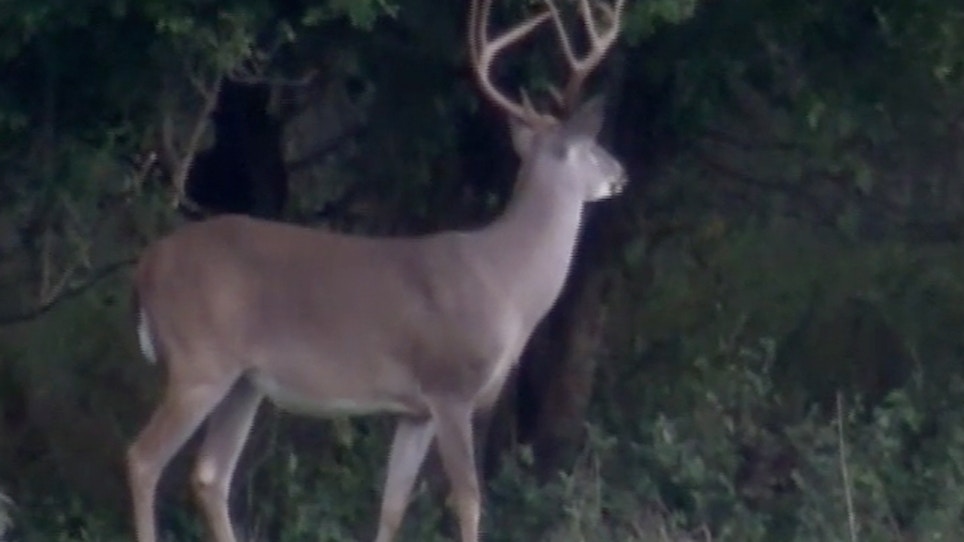By BRIAN BROOM | The Clarion-Ledger
JACKSON, Miss. (AP) — Summer is here, and you don't need to look any farther than the nearest thermometer for proof. Afternoon highs have routinely been in the 90s, and the humidity is thick enough to make you sweat just by thinking about it.
Days like these make the cool, crisp mornings of November seem a world away. But the reality is, archery season starts in about 90 days, and there are things hunters can do now to improve their deer season.
Scott Baker, a biologist with the Mississippi Department of Wildlife, Fisheries and Parks, said his days are currently spent ridding Wildlife Management areas of unwelcome residents.
“It's a good time of year to be controlling invasive species,” Baker said.
Some of the top offenders he is targeting are cogon grass, Chinese tallow trees and privet.
“It's going to prevent the spread of them,” Baker said. “Cogon grass is the worst of those.”
Baker said he is using herbicide treatments to kill these invaders and make the affected areas more desirable and productive for wildlife.
“You're freeing up space for native plants and better plants by getting rid of these invasive species,” Baker said.
Bobby Watkins, of Coontail Farm in Aberdeen, is a habitat consultant and said landowners and leaseholders should be looking at their food plots.
According to Watkins, plots planted in annual clover and cereal grains are now dead, but they still serve a purpose.
“Do not bush hog them because there's plenty of seed and grain there for the birds,” Watkins said. He added that some of these plots offer cover for wildlife, such as birds and rabbits.
Instead, Watkins suggests hunters look for plants, such as morning glory, Johnson grass and horse nettle. If present, he said to apply Roundup.
“It won't damage the seed that is in the seed heads of clover,” Watkins said.
For food plots planted in perennial clover, Watkins said to use a selective herbicide and follow the directions on the label.
“These herbicides will not harm the clover, but kill the grass,” Watkins said.
Additionally, if soil samples indicate a need, Watkins recommends spreading potash and lime now to allow absorption into the soil before fall planting.
For hunters who are itching to get on a tractor, Watkins said he prefers to go ahead and clear lanes to his stands with a bush hog this time of year rather than waiting until closer to the season.
Clearing trails, obstructions around stands and other chain saw work is something that is better done now than just before the season starts as well.
Whether you're clearing trails, spraying herbicide or just walking through the woods, odds are you may come into contact with a fawn.
Lann Wilf, MDWFP's Deer Program leader, said fawns are generally born in June and July in the northwest and Delta areas, July for most of the state and as late as September and October in the southeast. If encountered, Wilf said they should be left alone.
He said when one is found, the mother is most likely not far away.
Wilf said fawns have reduced scent. The mother stays away from them when she is not nursing, so her scent does not attract predators to the vulnerable newborns.
“They haven't been abandoned,” Wilf said. “They are just doing what deer do.”
Even if the mother is known to be dead, the message is the same.
“They still need to leave the fawn alone,” Wilf said. “It may take up with a family member within that family group.”
Despite the department's annual plea for the public to not interact with fawns, Wilf said he and other members get calls every year about deer being kept in backyard pens.
“They can't legally possess the animal,” Wilf said. “They just create a bad situation for us, the deer and themselves.”
———
Information from: The Clarion-Ledger, www.clarionledger.com






